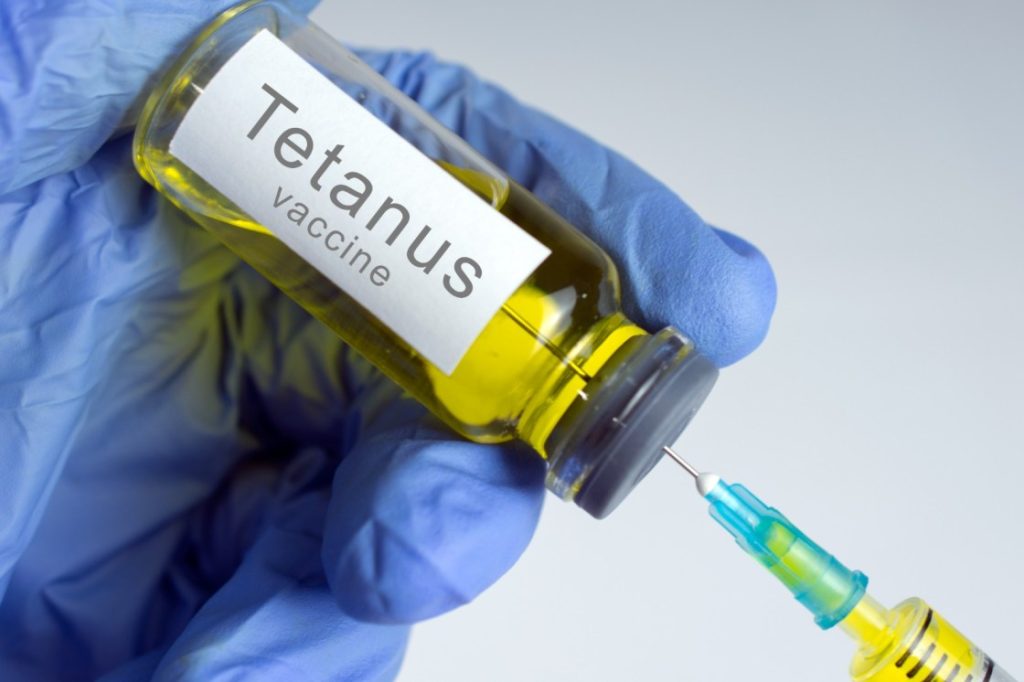Vaccination is one of the most effective public health interventions ever developed, protecting individuals from a range of potentially deadly diseases. Among the essential vaccinations, the Diphtheria Tetanus (DT) vaccine stands out as a cornerstone in preventing two serious bacterial infections: diphtheria and tetanus.
Understanding the importance of this vaccine and its administration process is important for safeguarding public health. In this step-by-step guide, we will explore the details of the Diphtheria Tetanus vaccination.
Understanding Diphtheria and Tetanus
Diphtheria and tetanus are both caused by bacteria and can lead to severe health complications if left untreated. Diphtheria primarily affects the throat and upper airways, causing difficulty in breathing and potentially leading to heart and nerve damage. Tetanus, often referred to as “lockjaw,” is characterised by severe muscle spasms and can be fatal if not promptly treated.
The Importance of Diphtheria Tetanus Vaccination
Vaccination against diphtheria and tetanus is important for preventing these diseases. The DT vaccine works by stimulating the immune system to produce antibodies against the toxins produced by the bacteria, thereby providing immunity against infection.
Vaccination not only protects individuals from these diseases but also helps in achieving herd immunity, reducing the overall prevalence of the diseases in the community.
Recommended Diphtheria Tetanus Vaccination Schedule
The DT vaccine is typically administered in a series of doses, starting in infancy and continuing through childhood and adolescence. The recommended schedule of Diphtheria Tetanus Vaccination may vary slightly depending on the country and specific vaccination guidelines.
As per NHS, the vaccines are given at:
- 8, 12 and 16 weeks – as part of the 6-in-1 vaccine
- 3 years and 4 months – as part of the 4-in-1 pre-school booster
- 14 years – as part of the 3-in-1 teenage booster
Booster doses are recommended during adolescence and adulthood to maintain immunity. The DT vaccine is usually administered as an injection, either into the muscle (intramuscular) or under the skin (subcutaneous).
Healthcare providers follow strict protocols to ensure the safe and effective administration of the vaccine. Before administering the vaccine, they will review the individual’s medical history, assess for any contraindications and provide information about the vaccine and its potential side effects.
Diphtheria Tetanus Vaccination Side Effects
Side effects of the Diphtheria Tetanus vaccine are typically mild and temporary, including pain, redness or swelling at the injection site. Some individuals may experience mild fever, fatigue or headache after vaccination.
Serious side effects such as severe allergic reactions are rare but can occur. It’s important to monitor for any unusual or severe symptoms after vaccination and seek medical attention if needed. The benefits of vaccination in preventing diphtheria and tetanus far outweigh the risks of potential side effects.
Signs of Tetanus
Tetanus, caused by the bacterium Clostridium tetani, manifests with symptoms such as muscle stiffness and spasms, particularly in the jaw muscles, leading to difficulty swallowing and breathing. Other Tetanus symptoms include fever, sweating, elevated blood pressure and rapid heart rate.
As the infection progresses, muscle stiffness spreads throughout the body, causing rigidity and painful muscle contractions. In severe cases, tetanus can lead to respiratory failure and death. Prompt medical attention is important upon experiencing symptoms or sustaining a potentially contaminated wound to prevent the progression of the disease.
Final Words
The Diphtheria Tetanus vaccine is a critical tool in preventing two serious bacterial infections that can have devastating consequences if left untreated. By understanding the importance of vaccination, following the recommended schedule and staying up-to-date with booster doses, individuals can protect themselves and their communities from diphtheria and tetanus.
Through continued education, outreach and vaccination efforts, we can work towards a healthier, disease-free future for all.
Book your Diphtheria Tetanus vaccine appointment in the UK at Touchwood Pharmacy today. Ensure your protection against these serious diseases with convenient scheduling and professional service.


























